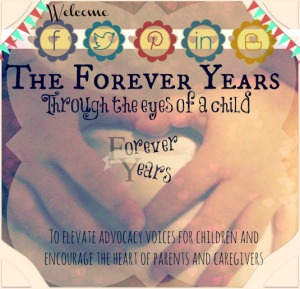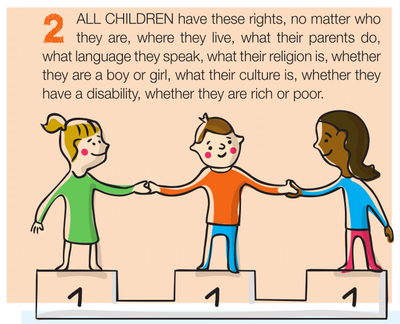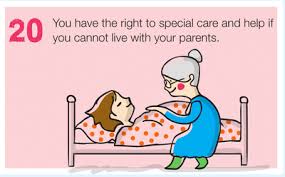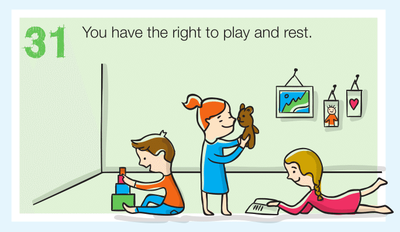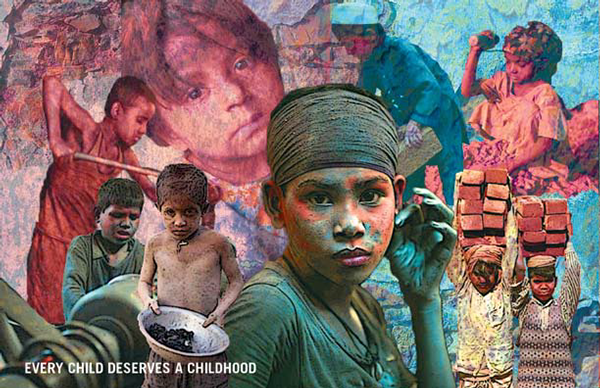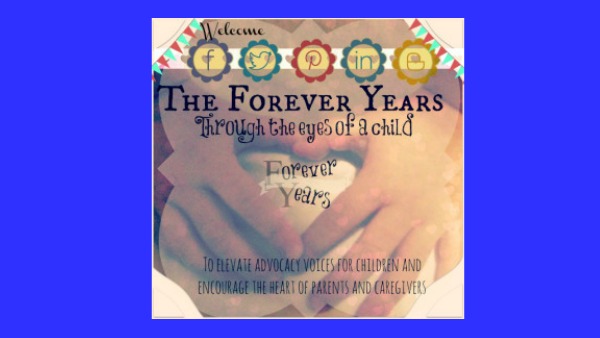
Continuing our series of articles on findings discovered by the “Dunedin Longitudinal Study”…
Our previous article about “The Dunedin Longitudinal Study” focused on the five personality types identified by the study: “Well Adjusted”, “Confident”,”Reserved”, “Undercontrolled” and “Inhibited”. These are divided among the population as shown in the pie chart below (with some overlaps).

As discussed, study findings were that these personality types were fixed and could be identified in very young children. Of the five types, “Undercontrolled” (10%) and “Inhibited” (7% of the total population) were the two conducive to what was called a “negative life outcome”, that is causing great angst, anxiety and unhappiness to both those with the personality type and to those around them.
“Inhibited”individuals tend to be overcome by shyness and social awkwardness to the point where they “hide from the world” and frequently struggle to complete High School, gain tertiary qualifications, maintain jobs or enter into (let alone maintain) relationships. In general, “Inhibited”individuals are not, however, a “threat to society” and their personality trait, while harmful to themselves and concerning for those who love them, is not “dangerous”.

David Gray
We say “in general”, because there are cases of such individuals “coming out of their shells” (as they are frequently hermits or recluses) and becoming violent, such as in the case of David Gray, who killed 13 people in the well-known Aramoana Massacre near Dunedin, New Zealand in 1990.
This article focuses on the 10% of the population classified as “Undercontrolled”, because these individuals have been shown to have the greatest tendency towards life outcomes which present not only as negative for themselves, but frequently as criminal and violent.

Nature vs Nurture
Before going on to look at the “Undercontrolled” group in more detail, however, we at “The Forever Years” would also like to re-emphasise that, while the personality types are fixed, according to “The Dunedin Study”, whether or not those young children who present as”Undercontrolled” or “Inhibited”manifest a “negative life outcome” is hugely dependent on nurture (and we will discuss the nurturing of “Undercontrolled” children, in particular, in more detail below) as well as on “Self Control” (which is itself unfixed and can be strengthened with nurture, and which we will discuss in a later article). Nature loads the gun, but nurture decides whether or not the trigger is pulled.

A homeless man
Study Director Professor Richie Poulton says that one of the biggest reasons for the credibility of “The Dunedin Study” findings (and part of the reason it is now an internationally recognised “gold standard” in human development), is that for more than 40 years 96% of the original participants (all born in 1972-3 in Dunedin, New Zealand) have remained involved. Poulton says that these people range across all social strata, from top government employees and professionals through to the homeless, incarcerated, or those in institutional care.
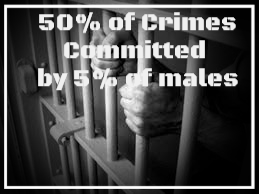 Study findings showed that children identified as being in the “Undercontrolled” group for personality were frequently in trouble with the law by the time they reached their teenage years. A pattern of criminality continued, often accelerating until they ended up being incarcerated for long periods of time, for more serious crimes, at some point before their thirties. Five percent of individuals, the study discovered, were responsible for 50% of society’s crimes. These individuals were also, mostly, males– as was identified when they were three years old.
Study findings showed that children identified as being in the “Undercontrolled” group for personality were frequently in trouble with the law by the time they reached their teenage years. A pattern of criminality continued, often accelerating until they ended up being incarcerated for long periods of time, for more serious crimes, at some point before their thirties. Five percent of individuals, the study discovered, were responsible for 50% of society’s crimes. These individuals were also, mostly, males– as was identified when they were three years old.

Map showing the location of Pittsburgh in the USA
Because of concerns expressed that these may be “Dunedin only” statistics and that they perhaps applied only to this particular group of people born in the early 1970s, Dr. Terrie Moffat, Associate Director of “The Dunedin Study”, decided to do the experiment with boys growing up in inner-city Pittsburgh, in the USA. These young men were living thousands of miles away from New Zealand, were born in a different era and were of a different ethnic makeup (half of the Pittsburgh participants were African American). Findings in the Pittsburgh study were, however, always exactly parallel to those in “The Dunedin Study”: 50% of crimes were perpetrated by 5% of males and the most delinquent boys came from the most disadvantaged social backgrounds. These findings demonstrate that there are fundamental truths (personality type, social background… nature plus nurture, if you like) driving all human behaviour, regardless of nationality or ethnic background.

Lower socioeconomic area in urban Pittsburgh (Source: Google images)
There only differences between “The Dunedin Study” and the Pittsburgh study were in homicide and suicide. While assault rates tended to be identical in both cities, homicide rates were higher in Pittsburgh. This followed through from the easier access to lethal weapons for youth in the USA, which converted what would otherwise have been assaults into homicides. The youth suicide rate was shown to be higher in Dunedin, which researchers believe may be due to a down turn in the New Zealand economy at the time when study members were leaving school and seeking out employment. Overall, a comparison of the studies undertaken in Dunedin and Pittsburgh, as well as other similar studies of youth in various developed nations around the globe, indicates that concerns about “The Dunedin Study” findings not being relevant elsewhere can now be conclusively ruled out. These findings, moreover, led to “The Dunedin Study” being awarded the Stockholm Prize for research into criminality in 2007 and the Jacob Prize for groundbreaking research into youth offending in 2010.
When thinking in particular about children who present with the “Undercontrolled” personality type then, what practical measures will best help in improving possible “life outcomes”? Some of these are summarised below:
Professor James Heckman, at the Center for the Economics of Human Development (CEHD) at the University of Chicago says, “if we understand what makes people ‘successful’ or ‘unsuccessful’, then we have a powerful new tool for tackling major social issues.” Heckman says that in areas such as criminology, health and education problems have traditionally been treated “as they appear”, but now we can identify “at risk” individuals very early on… and hopefully apply study findings into real life applications which will alter these life trajectories… and, in doing so, also be immensely beneficial not only to these individuals, but also to society as a whole.
